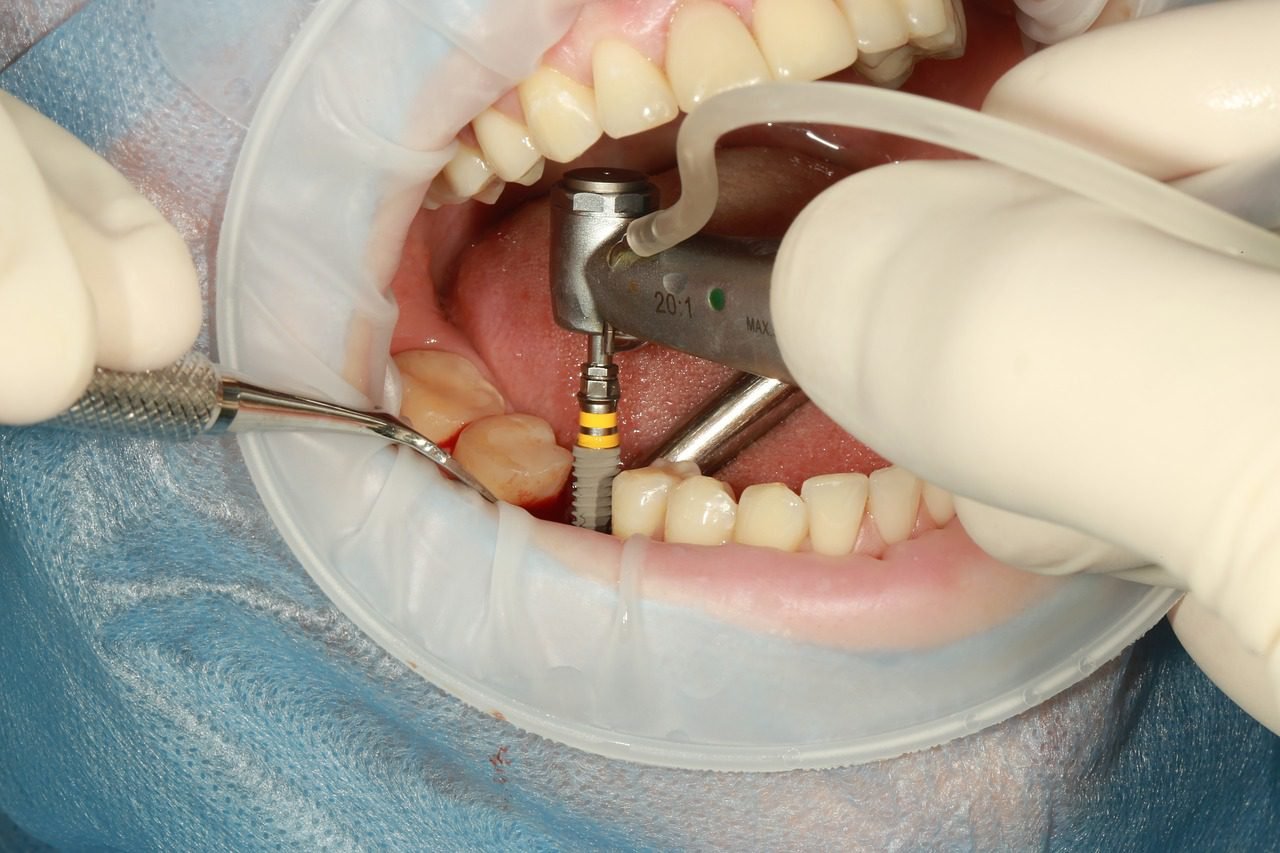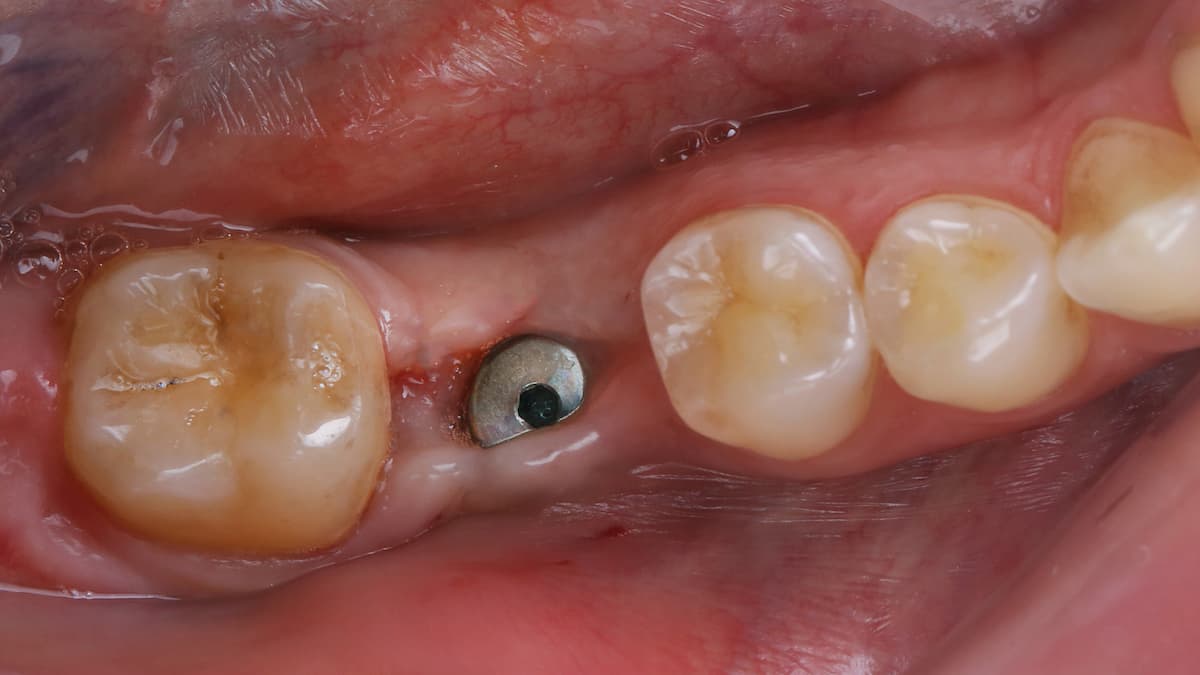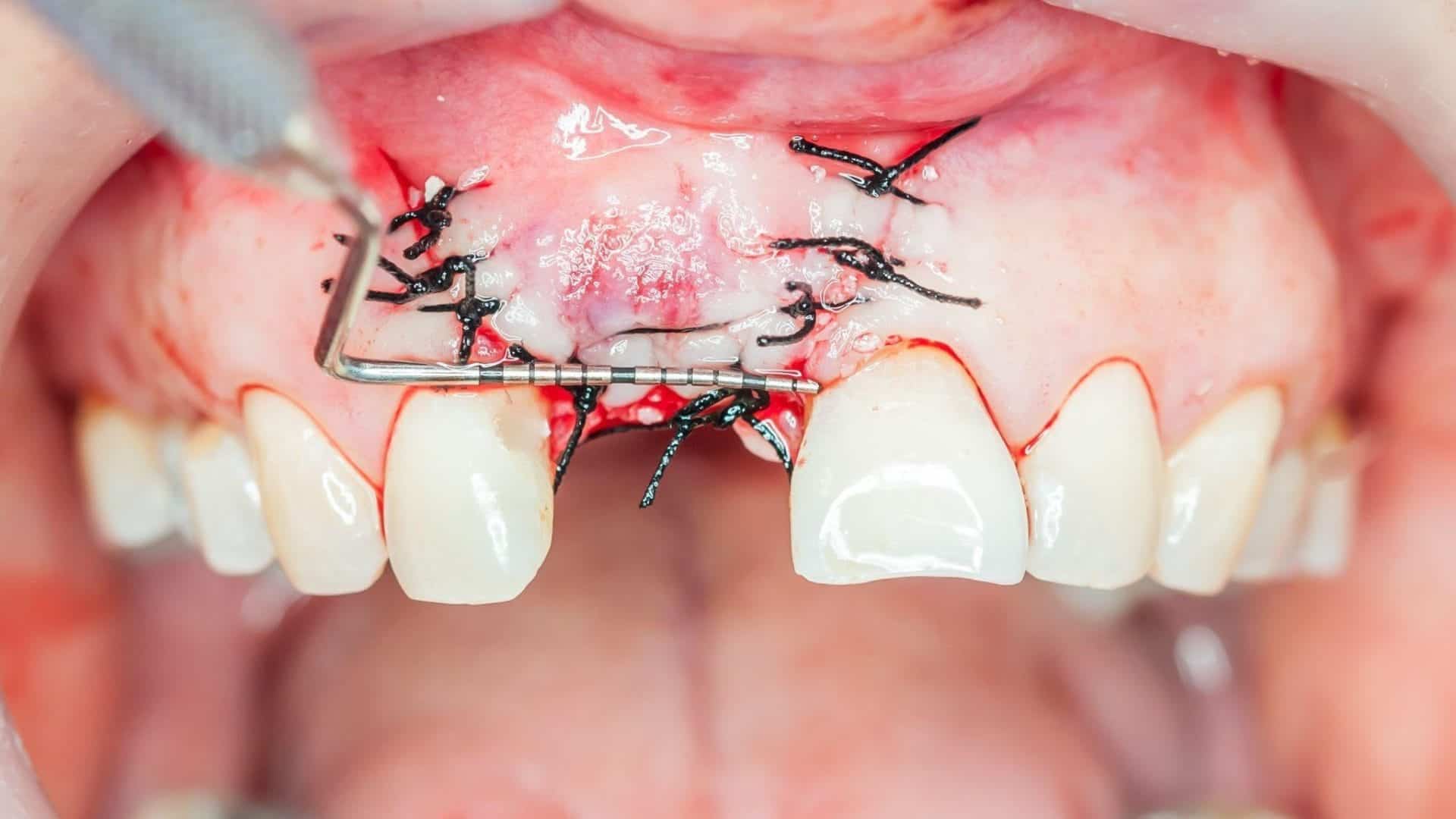Do Dental Implants Hurt? Learn More About the Procedure
When someone types “do dental implants hurt?” into a search engine, they’re likely seeking more than a simple yes or no. This question reflects concern about pain during surgery, recovery time, and the overall comfort of the process. Many people are interested in whether the discomfort is tolerable, how long it lasts, and how well it can be managed.
Dental implants are considered one of the most effective and permanent solutions for missing teeth. But fear of pain can often delay a person’s decision. This article offers an evidence-based, step-by-step explanation to help ease those concerns.
Pain During the Dental Implant Procedure
One of the most reassuring facts is that dental implant placement is not painful during the surgery. Dentists use local anesthesia to numb the treatment area completely. This ensures that patients feel no pain while the titanium implant is being placed into the jawbone.
Some clinics even offer conscious sedation or general anesthesia for patients who are anxious or require more complex procedures. While you may hear sounds like drilling or feel mild pressure, actual pain is not experienced during the surgery itself.

What to Expect After the Anesthesia Wears Off
Once the numbness fades, it is common to experience mild to moderate discomfort. This stage of the process is often compared to the feeling after a standard tooth extraction. Swelling, tenderness around the implant area, minor bleeding, and jaw soreness are normal during the first 48 hours.
Pain typically peaks on the first or second day and then begins to ease. The majority of patients resume normal, light activities by the third day. It’s not uncommon for patients to say that the discomfort was far less than expected.
How Long Does the Pain Last?
In general, pain from dental implant surgery diminishes significantly within 7 to 10 days. By the end of the first week, most patients report only minor discomfort, if any at all.
If the implant procedure included additional procedures such as bone grafting or sinus lifting, the recovery time may extend slightly, but remains manageable with proper care.
What Causes Pain After Dental Implant Surgery?
Understanding the sources of discomfort can help you prepare and manage expectations. Surgical trauma is the primary cause of post-op pain. This includes minor damage to soft tissue and jawbone during implant placement.
Inflammation is a natural part of healing and contributes to swelling and tenderness in the days following surgery. In some cases, pain can also stem from the implant being placed too close to a nerve, or from post-surgical infections like peri-implantitis.
If bone grafting was necessary, soreness may last a few extra days, as the procedure adds to the complexity of the surgery. Occasionally, pain is referred from nearby teeth or gums that are affected during surgery.

Managing Pain Effectively: What You Can Do
Pain after dental implant surgery is usually manageable with simple, well-known techniques.
The most common approach is taking over-the-counter medications such as ibuprofen or acetaminophen. These medications reduce both inflammation and pain. If the discomfort is stronger than expected, your dentist may prescribe stronger painkillers for short-term use.
Applying an ice pack during the first 24 to 48 hours helps minimize swelling and numbs the area. After the initial phase, switching to warm compresses supports circulation and healing.
Good oral hygiene also plays a critical role. From the second day, gentle rinsing with warm salt water is recommended to keep the area clean without irritating the wound. Avoid brushing directly on the implant site until the healing progresses.
Patients are advised to eat soft foods such as mashed potatoes, soups, yogurt, and smoothies for the first week. Spicy, hot, or crunchy foods can irritate the surgical site and delay healing.
Lifestyle adjustments are also important. Avoid smoking, alcohol, using straws, or heavy exercise during the healing period. These can all interfere with the recovery and increase the risk of complications.
When Should You Be Concerned About Pain?
While most discomfort fades within a few days, some symptoms should prompt a call to your dentist. Severe pain that persists beyond 10 to 14 days, intense throbbing, fever, pus discharge, or a foul odor could indicate an infection or nerve involvement.
Tingling or numbness in the lip, chin, or tongue may suggest that a nerve was affected during the surgery. Likewise, if the implant feels loose or if chewing becomes increasingly difficult, it’s important to seek professional evaluation immediately.
How Implants Compare to Other Dental Procedures
Interestingly, many patients find that getting a dental implant is less painful than a root canal or tooth extraction. This is because implant surgeries are typically planned well in advance and performed with precision and modern technology. In contrast, extractions or emergency root canals are often done when pain or infection is already present.
Patients frequently report being able to return to normal life much quicker than they anticipated.

Expert Opinions and Clinical Research
Research supports the notion that pain after dental implants is typically mild and short-lived. A study published in the Journal of Oral Implantology showed that average pain levels were below 3 out of 10 within the first 48 hours, and dropped below 1 out of 10 after 72 hours.
Dr. Linda Kim, a specialist in restorative dentistry, states, “Implants are one of the most comfortable surgical procedures we offer today, largely thanks to improved techniques and better aftercare protocols.”
Real Patient Experiences
Online forums like Reddit, dental support groups, and clinic testimonials show a consistent pattern. Most patients describe the pain as tolerable, often comparing it to mild soreness. They usually stop taking pain medication after the third or fourth day.
One patient shared, “The thought of the surgery was scarier than the actual experience. I was back to work two days later, and the pain was no worse than having a cavity filled.”
Why Choose Albania for Dental Implants?
Albania has become a leading destination for affordable and high-quality dental implant procedures. Clinics in Tirana, Durrës, and other cities use advanced imaging, digital planning, and EU-compliant sterilization protocols.
Partnering with Albanian Health Agency ensures that you access certified implantologists, English-speaking staff, and transparent pricing. Patients benefit from full-package services including consultation, procedure, accommodation, and follow-up support—all at significantly lower costs than in Western Europe.
Do Dental Implants Hurt?
To answer the core question—do dental implants hurt?—the evidence shows that:
-
The procedure itself is painless due to effective anesthesia
-
Post-op discomfort is typically mild and manageable
-
Recovery is quick when aftercare is followed
-
Long-term pain is rare and usually avoidable
With skilled professionals, advanced technology, and trusted agencies like Albanian Health Agency, dental implants can be a smooth and virtually pain-free experience.
Take the Next Step
If you’re considering dental implants but are concerned about pain, contact Albanian Health Agency today. Our team will guide you through the process, match you with top-rated clinics, and ensure your journey is comfortable and successful—from start to finish.
Visit us at albanianhealthagency.com for a free consultation.


